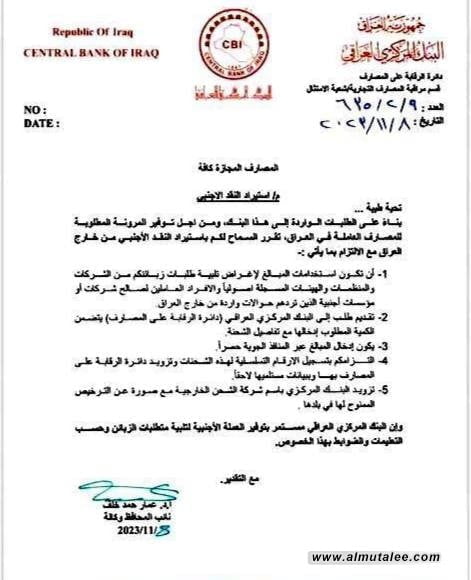The Intricate Dance of Governance: A Look at Prime Minister Sudani’s First Year in Office, 9 NOV
Prime Minister Muhammad Shiaa Al-Sudani’s inaugural year has been a tableau of advancements and hurdles. His administration’s agenda, a blend of service-oriented goals and a political covenant between various factions, lacked explicit political objectives, possibly impeding his progress on key government priorities.
Economic Endeavors and Obstacles
Sudani’s approach to revamp the economy revolved around widening social welfare networks, generating government employment, and initiating short-term infrastructure projects. The budget earmarked for developmental investment was deemed inadequate, attracting criticism. The over-reliance on hydrocarbons and imports, amid a corrupt and bureaucratic atmosphere, presented substantial obstacles to long-term economic restructuring.
The Prime Minister vigorously courted foreign investment, clinching a multi-billion-dollar pact with TotalEnergies to bolster Iraq’s oil and gas sectors. Nevertheless, foreign interest in investing in other industries was lackluster due to deterrents such as red tape, corruption, and security apprehensions. The Iraqi dinar’s depreciation against the dollar added another layer of complexity to economic stability.
The Uphill Battle Against Corruption
While Sudani’s anti-corruption campaign led to certain convictions, it mostly targeted lower-tier officials. Powerful political entities and individuals embroiled in corruption continue to elude justice. The rampant corruption, especially in government contracts, mirrors a systemic issue eroding public confidence in the government’s capacity to address this widespread problem.
Foreign Policy Dynamics
Sudani endeavored to enhance economic and security bonds with Arab neighbors, including Jordan, Egypt, and the Gulf Cooperation Council (GCC) states, to diminish reliance on Iran. However, these endeavors faced resistance from specific Shia political parties and militias aligned with Iran. While Sudani aspired to uphold an independent and balanced foreign policy, he faced challenges due to conflicting interests and geopolitical dynamics.
Political Disarray and Militia Influence
Political divisions and discord impeded Sudani’s ability to meet the demands articulated in the political agreement that formed his government. Disputes over matters such as the oil and gas law, the return of internally displaced persons, and the deployment of paramilitary units underscored the complexities of governance in a deeply divided political landscape. Militias operating independently of the government’s authority further complicated security and political stability.
Continuing Security Threats
The intensification of attacks by Iranian-backed militias on U.S. forces in Iraq and Syria presented a significant security challenge. Sudani’s attempts to dissuade the militias from launching their attacks, and his appeal to Iranian officials for aid, underscored the complicated dynamics where the Prime Minister’s control over these groups was limited.
The intricate interplay of domestic, regional, and international dynamics has defined Sudani’s leadership tenure, highlighting the intricate nature of governance in Iraq. This comprehensive analysis provides a nuanced understanding of the complexities and intricacies of Iraq’s socio-political landscape.

